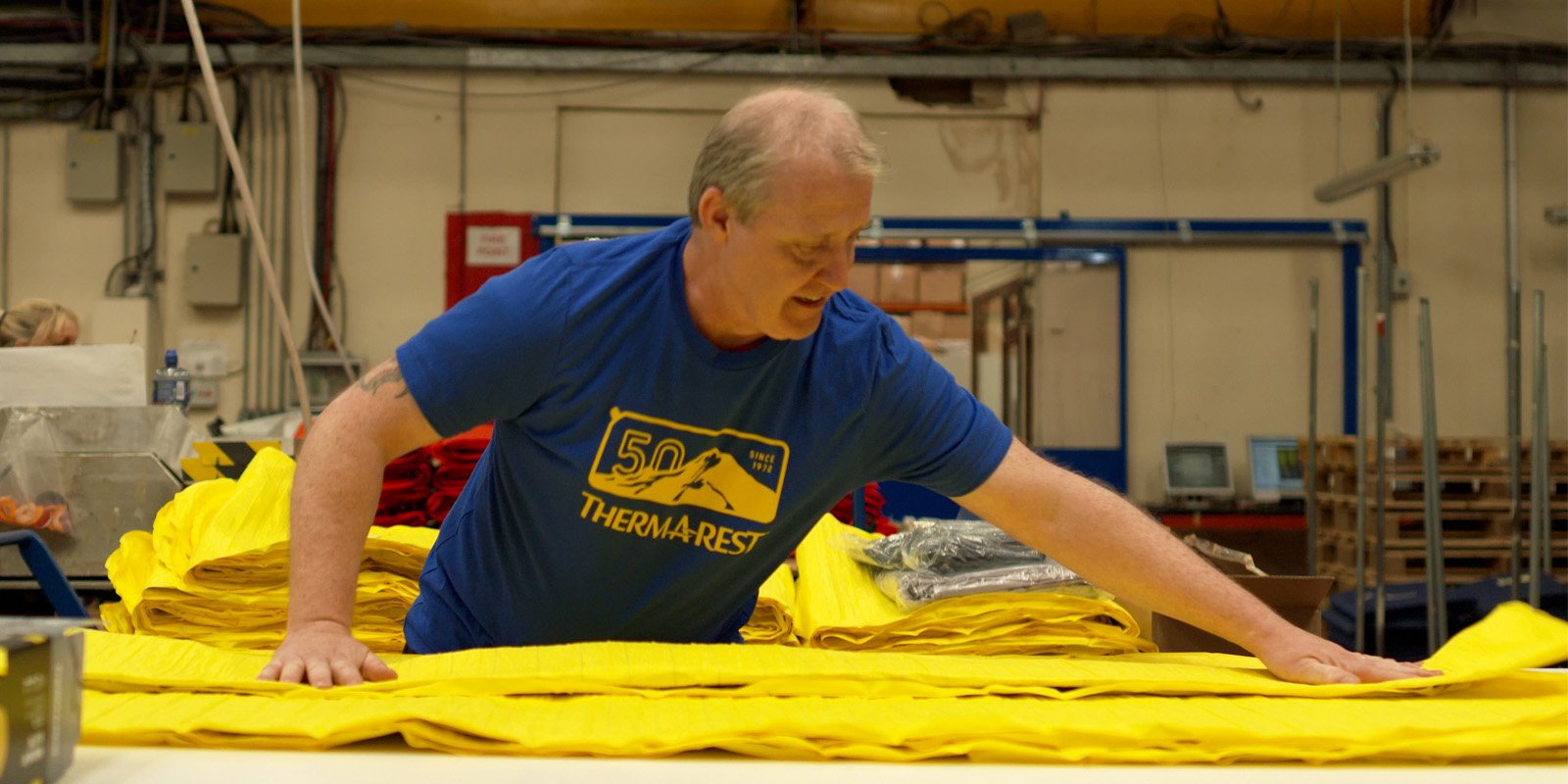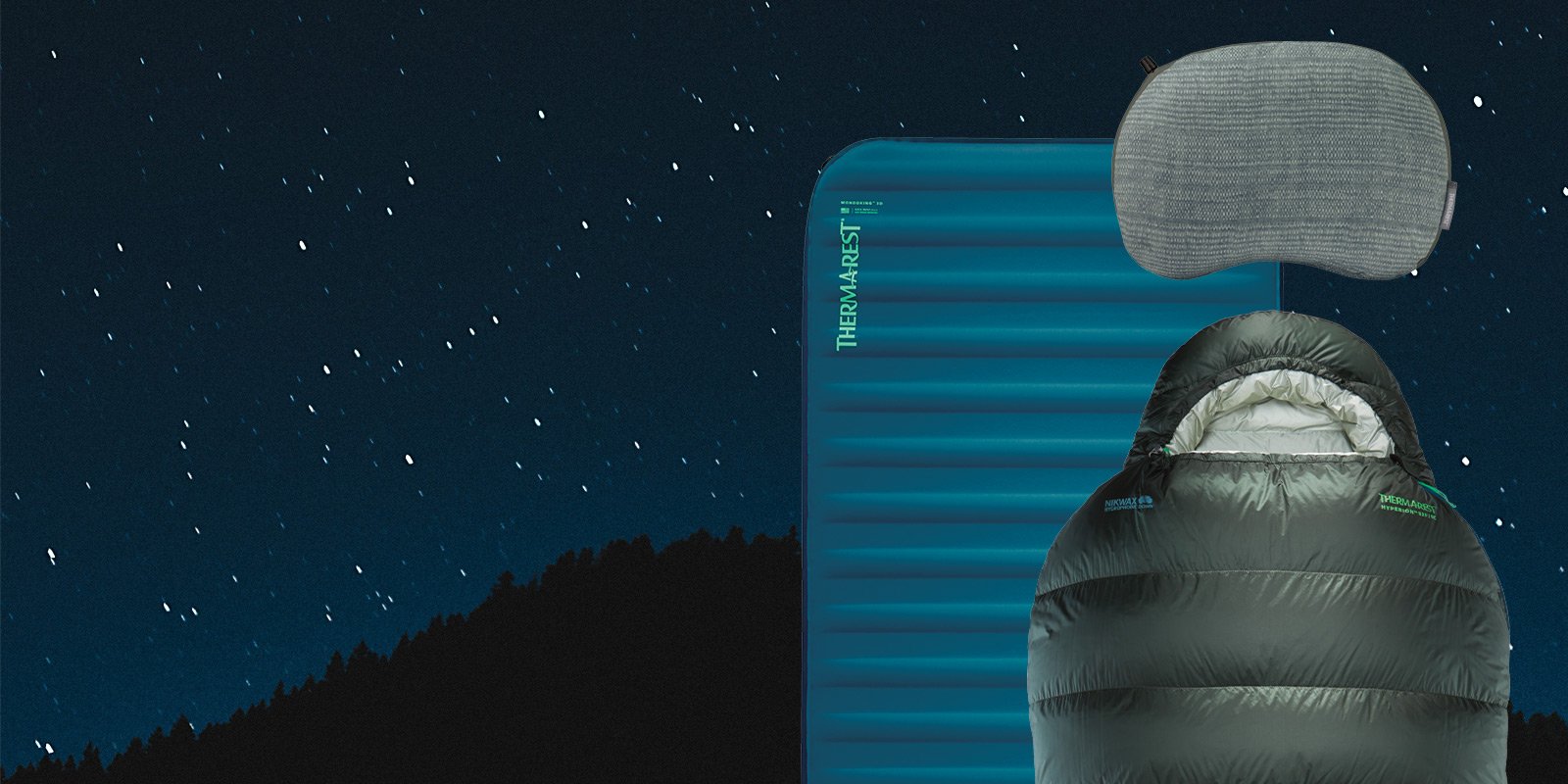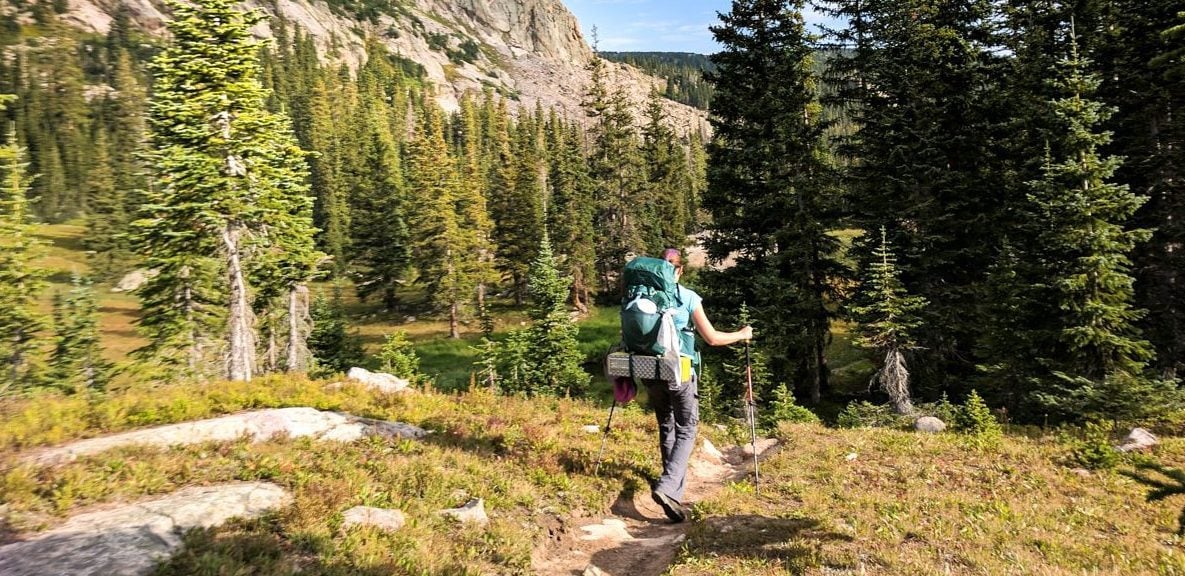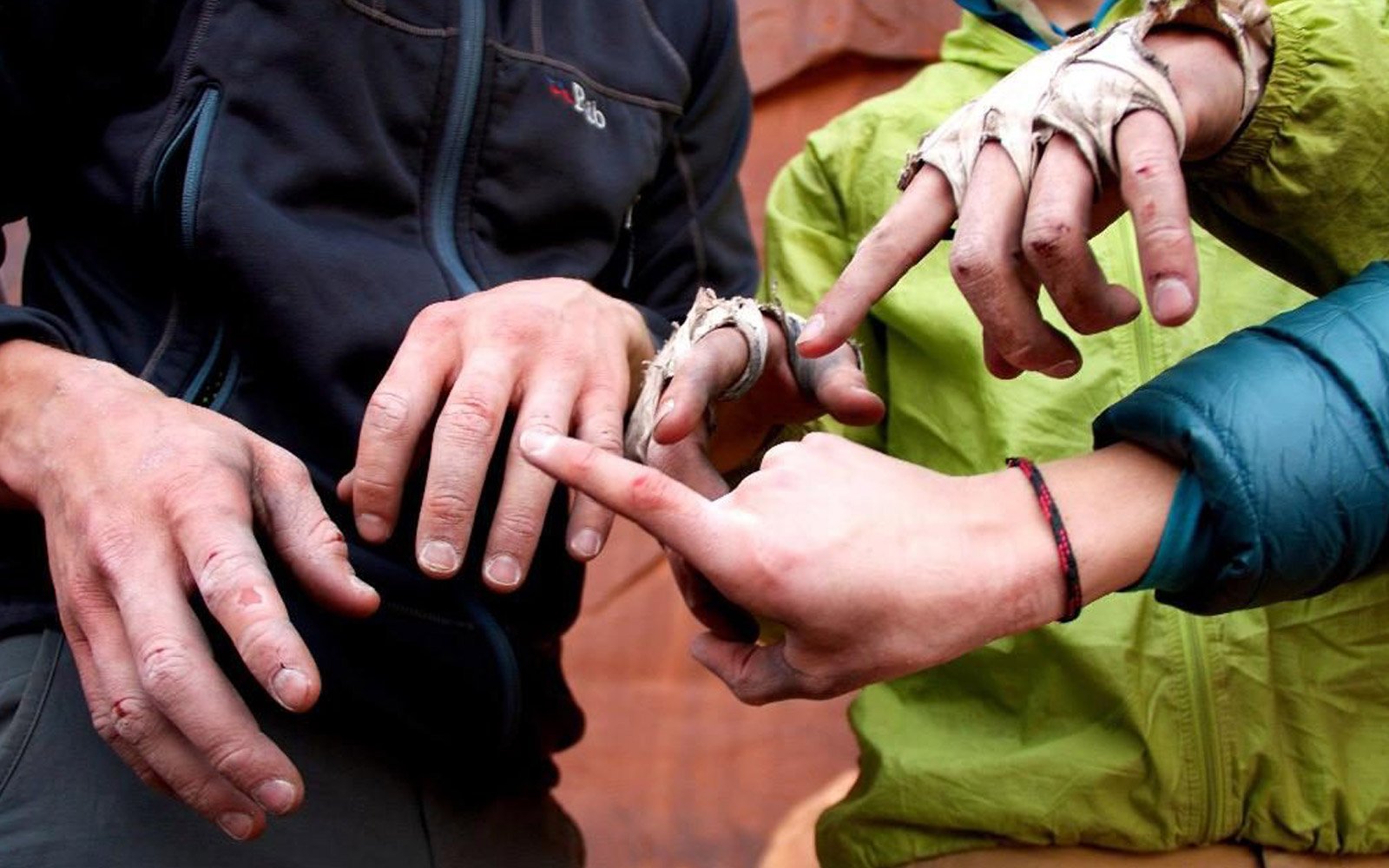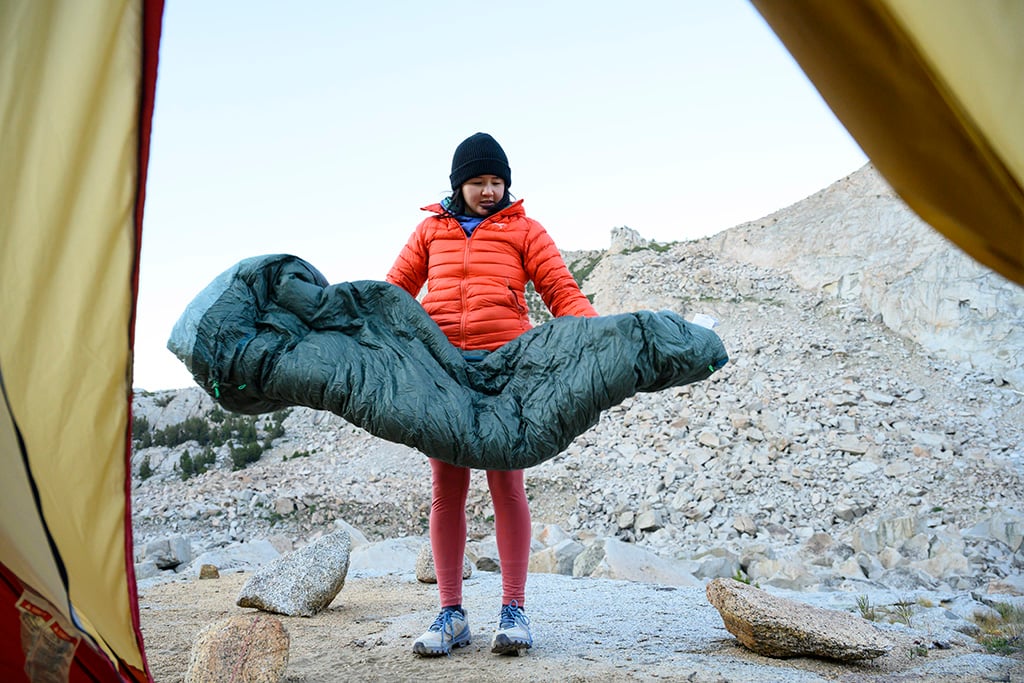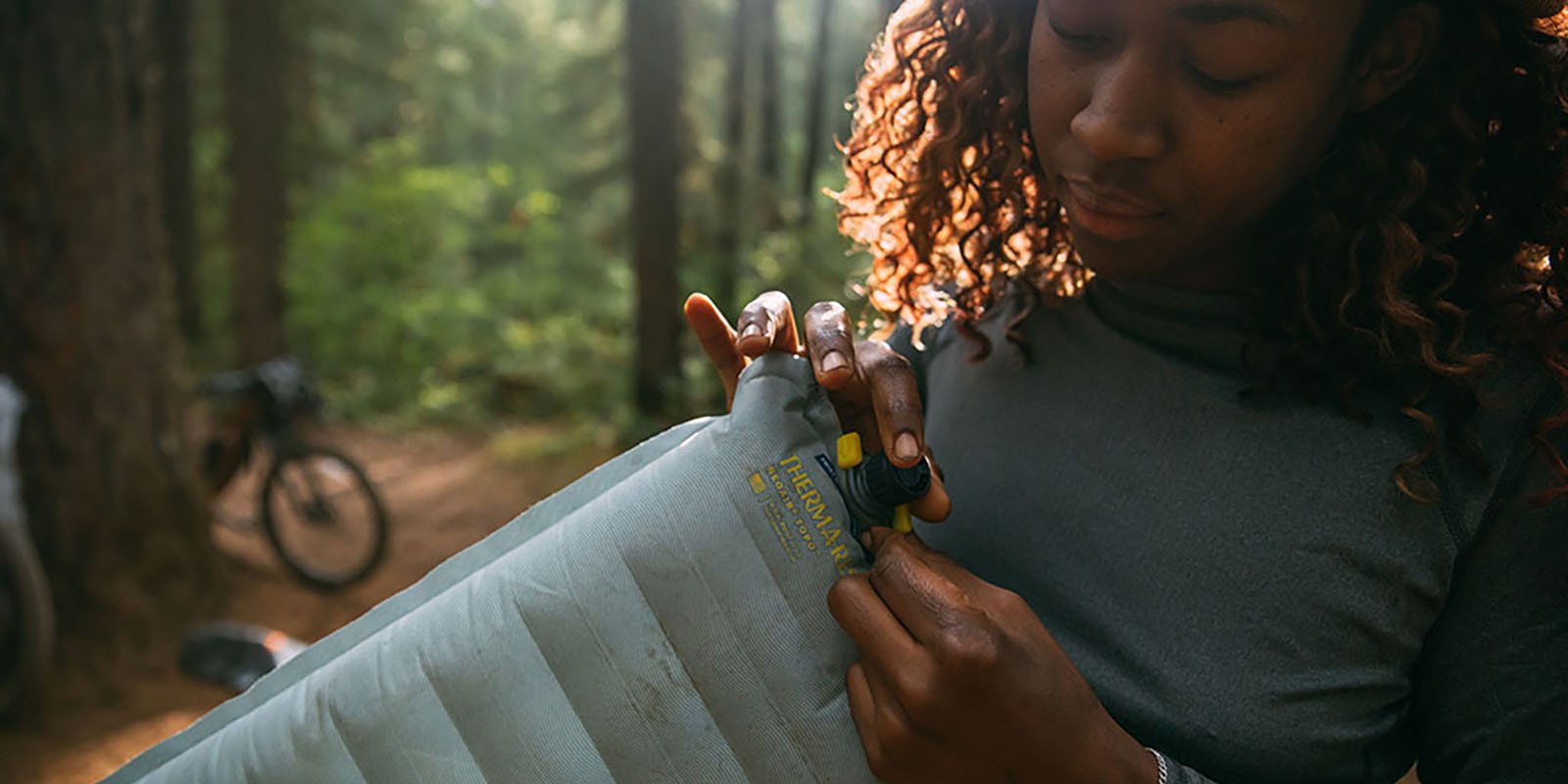There are many emotional benefits of sleeping outside. Whether you’ve experienced a traumatic event, grapple with urban suppression, or you want to feel rejuvenated — going camping can do a world of good. Nature’s simplicity combined with any form of physical movement is a powerful recipe for soul-deep restoration.
Five years ago, I discovered the sport of rock climbing. It swept me off my feet. I’ve always enjoyed being outdoors — especially in the mountains. The bare earth grounds me; the melody of a gurgling creek lulls me; the views from a reigning mountaintop steals the breath from my chest. While simply being outside is soothing, climbing mountains takes me to greater heights than anything else I’ve ever experienced — on both physical and emotional levels.
I lived for climbing. My primary climbing partner is also my fiancé, and we’ve been venturing multi-pitch climbs and embarking on alpine expeditions for the past three years.
In February, we went out for a jaunt up one of the massive sandstone walls close to our home, something we’d done dozens of times. After successfully reaching the top, we began our descent. As we navigated down the final part of the descent, the unthinkable happened.
I watched him rappel off the end of his rope and fall 150 feet to the ground.
A blend of confusion and revulsion for the outdoors painted the days ahead. I spent the next three months indoors — caring for my partner, mentally recovering, and reflecting on the accident. His injuries would heal, but, at the time, I didn’t think I’d ever climb again. The fire in my soul once ignited by those sprawling mountain vistas and picturesque granite ridges had dimmed to near extinguishment. But little did I know that period spent indoors would teach me to appreciate the outdoors more than I ever have before.
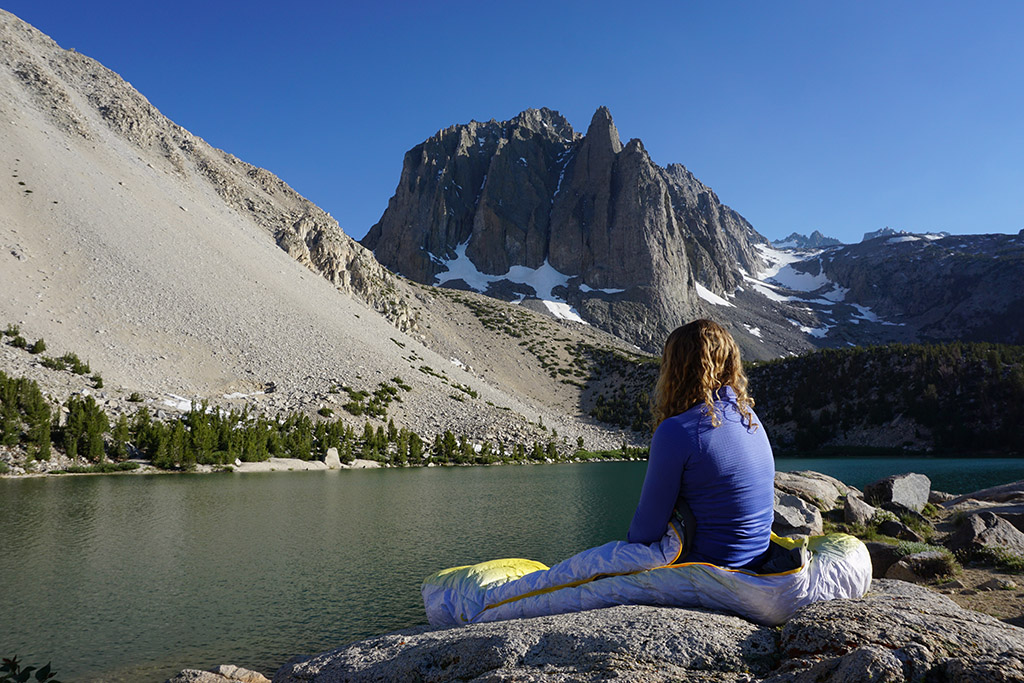
It wasn’t time that began to heal my inner wounds — it was getting back outside and sleeping under the stars.
1. Reset Your Circadian Rhythm
According to a study published in Current Biology, electric lighting and reduced exposure to sunlight delay circadian timing in humans. In this study, Wright and colleagues compared the internal circadian clocks of adults during a typical workweek to a week spent camping in the Colorado wilderness (without smartphones or even flashlights).
The results showed that while camping, the study participants’ circadian timing shifted back about two hours. On average, subjects went to bed two hours earlier than they did in urban environments.
These results align with the natural light-dark cycle we’ve evolved to adopt. Today’s prevalence of electrical lighting and increased technology use disrupts this cycle. Do you often stay up too late, have problems sleeping or waking up, or experience brain fog in the morning? Try resetting your circadian rhythm by spending a night out in nature.
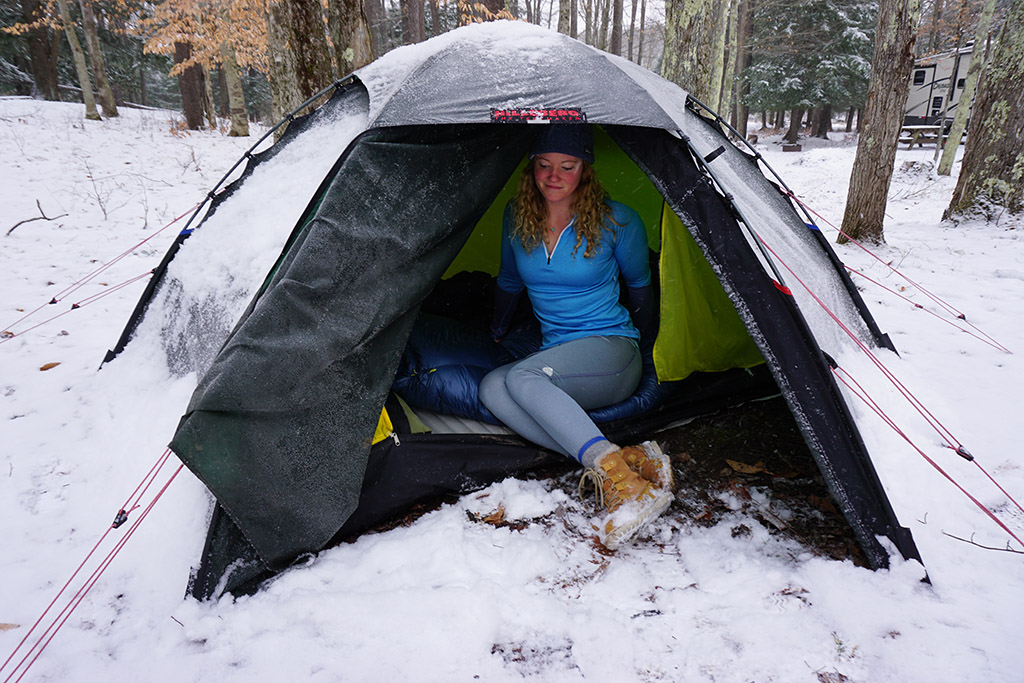
2. Relieve Stress
Let’s be real: we all experience stress in our lives. Our fast-paced society is a petri dish for stressors that raise our cortisol levels. Stress is beneficial in small doses — it can protect you from perceived threats, generate motivation, and help you perform under pressure. But too much stress can negatively impact your nervous system and leave you feeling drained.
A growing body of research in the scientific field called ecotherapy suggests a strong relationship between time spent in nature and stress reduction. Being out in nature can decrease stress in a variety of ways. The great outdoors encourages slow, deep breathing — which stimulates the body’s parasympathetic response. This response helps us relax by slowing our heart rate and lowering our blood pressure — both which are elevated during times of stress.
The sounds of nature and outdoor silence have been proven to decrease cortisol levels in humans. Even the visual aspects of nature can be soothing. A study published in the journal Environment and Behavior showed that simply looking at trees reduces stress.
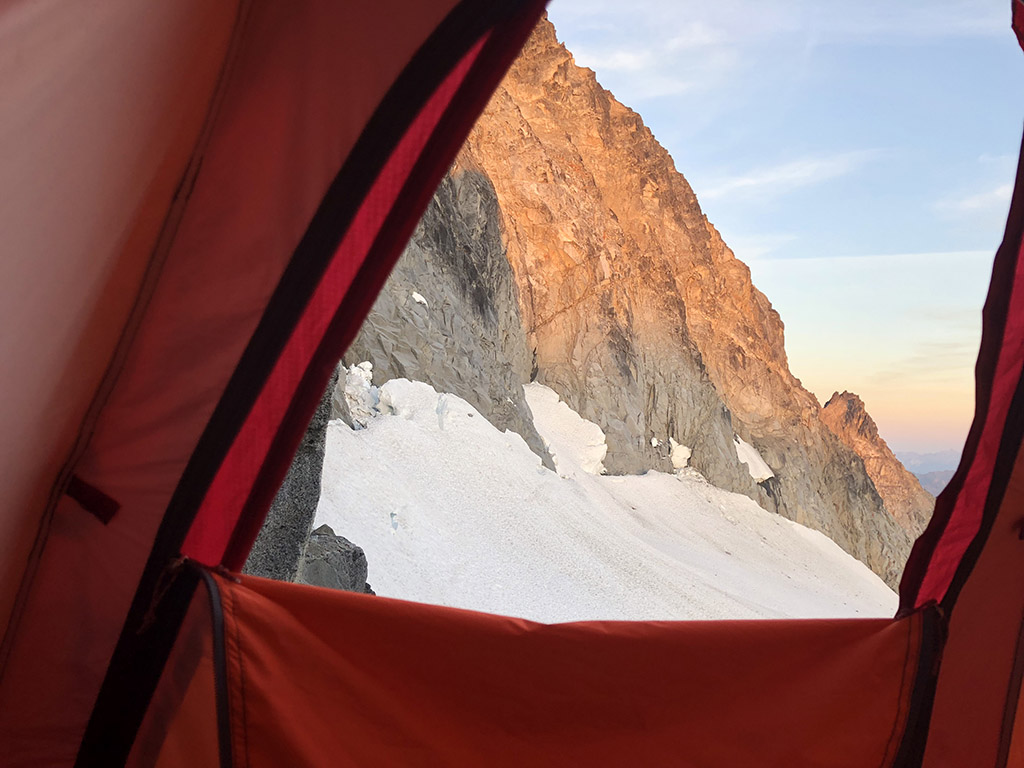
3. Improve Cognitive Function
There’s a lot to be said about getting a breath of fresh air. Indoor air quality differs drastically from outdoor air quality. Closed, artificially heated and cooled spaces recirculate the air we breathe — resulting in a build-up of CO2. In efforts to conserve energy, we invest in air-tight windows, thick insulation, and construction practices that inadvertently result in poor ventilation. In rooms filled with people, poor ventilation can be harmful — leading to a decline in oxygen levels.
The Lawrence Berkeley National Laboratory published a study that found CO2 levels are worst in meeting rooms and classrooms. While CO2 levels outdoors are normally around 350 ppm, in-office meeting rooms and classrooms they can skyrocket into the thousands of parts per millions. Because our brain utilizes the majority of the oxygen we breathe, stale, CO2-saturated air contributes to decreased cognitive functioning. If you’ve ever felt sleepy, lethargic, or unable to concentrate indoors, poor air quality could be the culprit.
Luckily, the solution is simple: spend a night sleeping outdoors. Being outside in the fresh air can improve your ability to think and allow your body to release any built-up CO2. It’s really not all that surprising the better the air you breath, the better your brain functions.

4. Enhance Your Mood
Research suggests that spending time outside can actually enhance your mood. Dr. Jason Strauss from the Harvard-affiliated Cambridge Health Alliance advocates for interacting with nature as a powerful tool against mood imbalances — in some cases, equal in efficacy to therapy and medication. In fact, doctors around the world are literally prescribing nature to their patients.
In an article published by Harvard Health, Dr. Strauss explains that having pleasant natural things to focus on — like trees and greenspaces — can distract your mind from negative thought patterns. Although there are benefits to urbanization, studies suggest that city environments negatively affect the mental health of urban dwellers, resulting in a higher prevalence of mood disorders.
Final Thoughts
Oxygen levels in your brain are connected to levels of serotonin — a chemical that promotes feelings of happiness and well being. Spending a night outdoors is an easy way to replenish these oxygen levels and boost serotonin. In conclusion, sleeping outside can promote your sleep quality, relieve stress, improve your ability to think, and enhance your mood.
So, what are you waiting for? Whether you’re feeling down or you need a break from the daily grind of urban life, grab your Therm-a-Rest sleeping pad and sleeping bag and head for the outdoors. You’ll begin feeling better as the city lights fade in the distance behind you and the canvas of the star-speckled night sky unfurls before you, welcoming you with open arms.
Related Posts:







